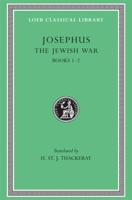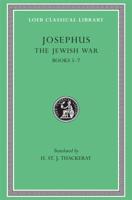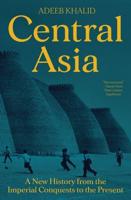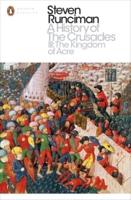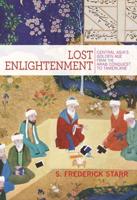Publisher's Synopsis
""A Manual of Buddhism: In Its Modern Development"" is a book written by Robert Spence Hardy in 1860. The book provides a comprehensive overview of Buddhism, its history, and its modern development. It covers various aspects of Buddhism, including its doctrines, practices, and rituals. The author also discusses the differences between various Buddhist sects and schools of thought. The book begins with a brief introduction to Buddhism and its origins. It then goes on to discuss the life and teachings of the Buddha, including his Four Noble Truths and Eightfold Path. The author also explores the Buddhist concept of karma and rebirth, explaining how they relate to the cycle of life and death. The book also covers the role of meditation and mindfulness in Buddhism, as well as the various rituals and practices that are central to the religion. The author discusses the importance of the Buddhist scriptures, particularly the Pali Canon, and how they are used in modern Buddhism. Throughout the book, the author emphasizes the importance of compassion, wisdom, and ethical behavior in Buddhism. He also provides insights into the social and cultural context in which Buddhism developed and continues to thrive. Overall, ""A Manual of Buddhism: In Its Modern Development"" is a valuable resource for anyone interested in learning more about Buddhism and its evolution over time. It provides a clear and accessible introduction to the religion, making it an excellent starting point for further study and exploration.This scarce antiquarian book is a facsimile reprint of the old original and may contain some imperfections such as library marks and notations. Because we believe this work is culturally important, we have made it available as part of our commitment for protecting, preserving, and promoting the world's literature in affordable, high quality, modern editions, that are true to their original work.


